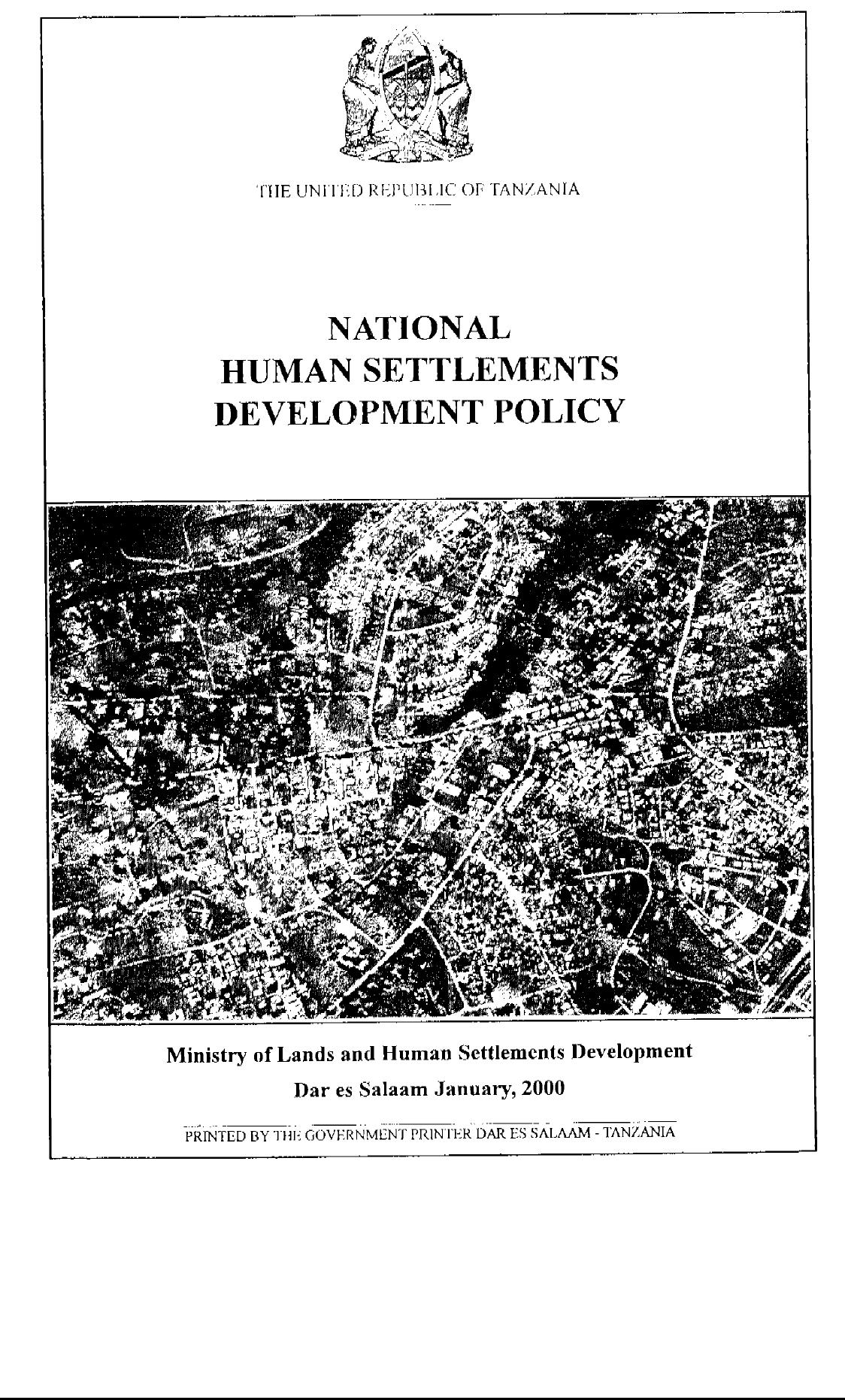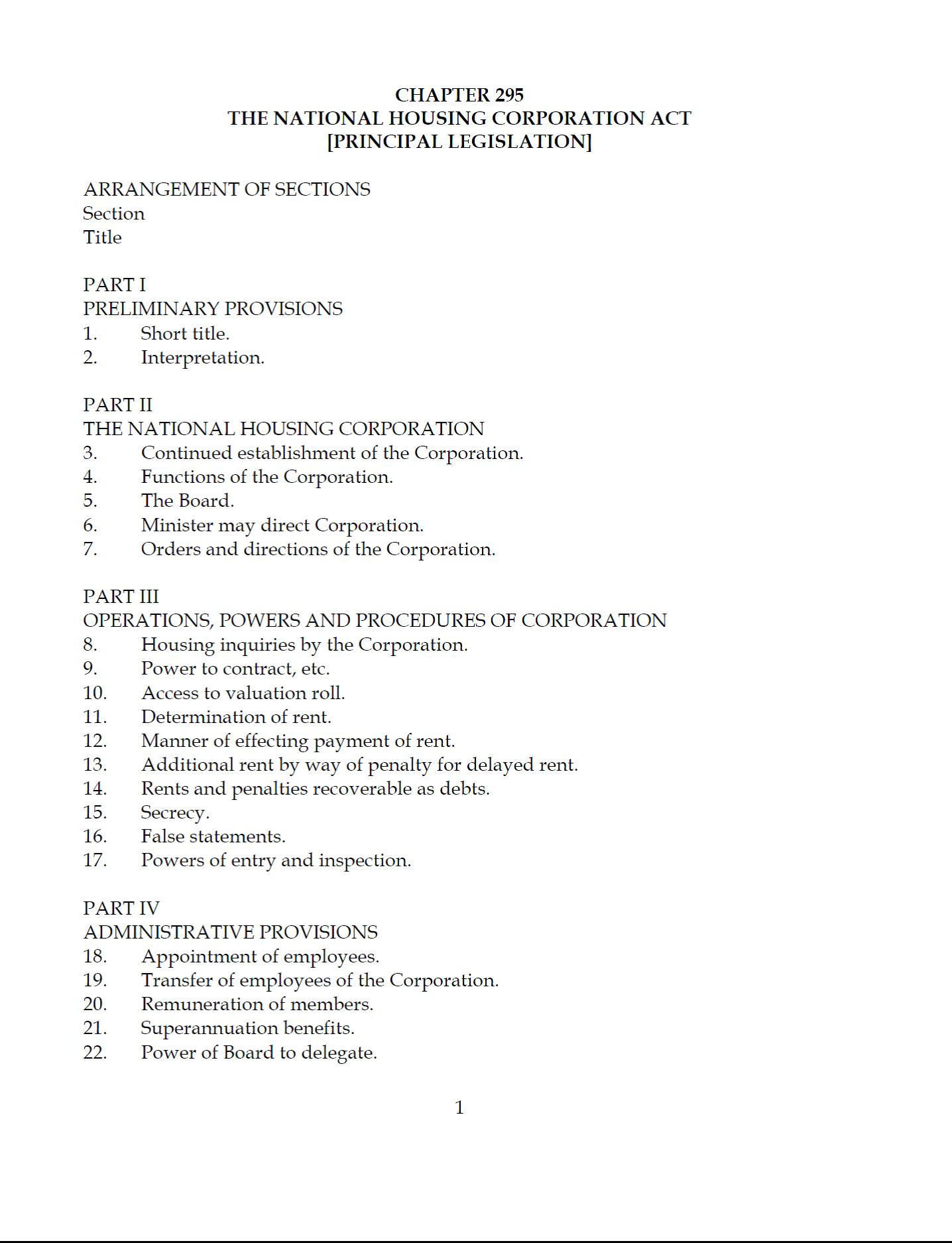Lavouras Transgênicas: Riscos e Incertezas
Esta publicação representa a continuidade do trabalho iniciado por Magda Zanoni, no Ministério do Desenvolvimento Agrário (MDA), no sentido de discutir os riscos das plantas transgênicas para a saúde e o meio ambiente. Em sua atuação no MDA e como representante do Ministério na CTNBio, Magda dedicou esforços para chamar a atenção à importância desse debate.




